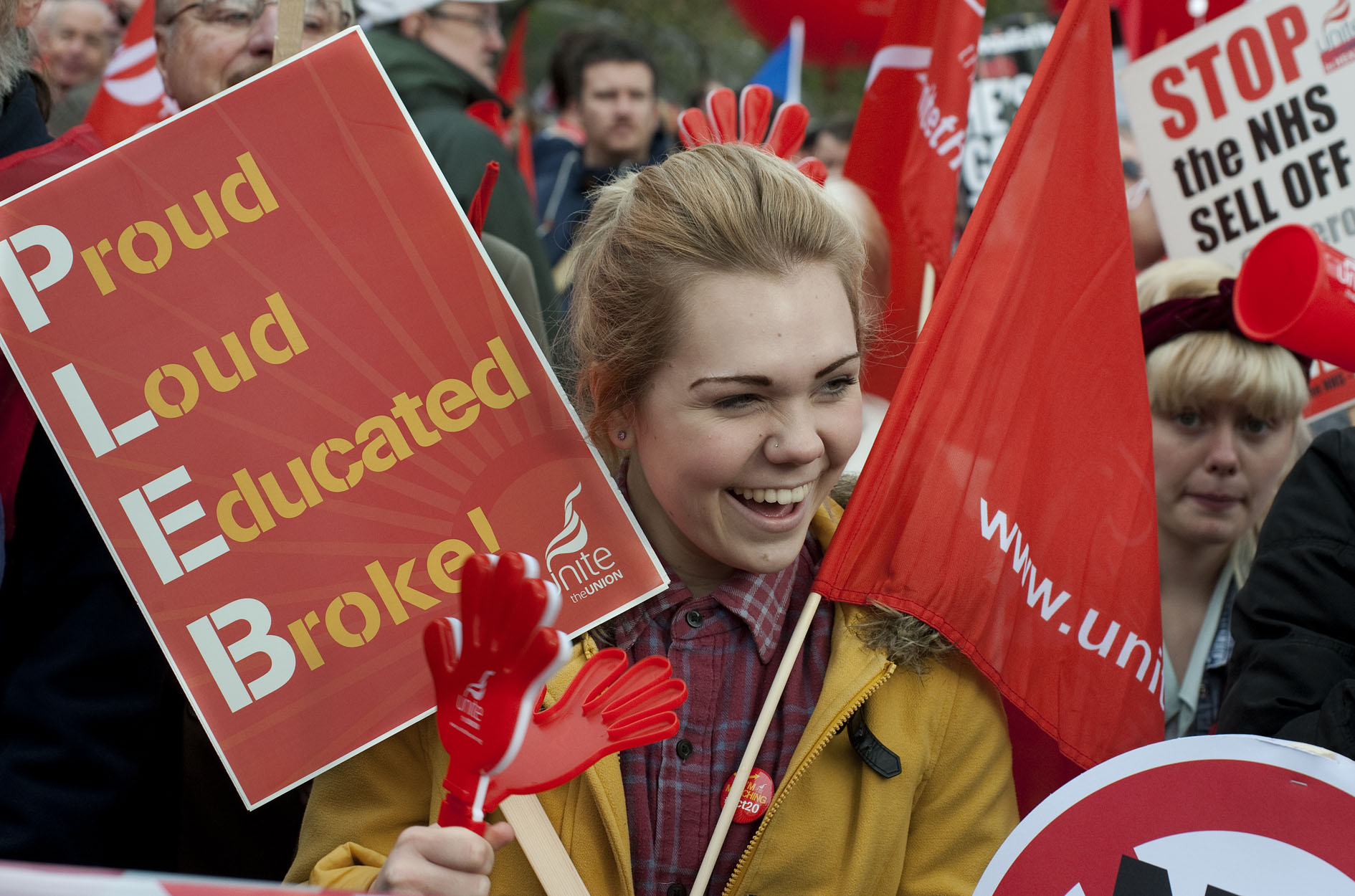Iain Dalton, Leeds Socialist Party
The general election campaign has shown the accumulated anger at inequality in Britain, the product of years of austerity. The election period began with the publication of the Sunday Times rich list, and it ended with the tragedy of the Grenfell fire.
If more confirmation was needed about how working class people are being left behind, then look no further than the latest evidence of falling living standards from the Office for National Statistics. Inflation rose from 2.7% to 2.9% last month and year-on-year real pay levels fell by 0.6% in the January to March quarter.
In the aftermath of the financial crisis in March 2008 the average basic weekly wage was £473, now it is £458 – we haven’t experienced a ‘lost decade’, we’ve actually gone backwards!
When Trade Union Congress general secretary Francis O’Grady says in response, “Britain needs a pay rise, not more pressure on household budgets”, most workers will say yes. But they may also ask, ‘when are you going to do something about it?’
The trade union leaders must give a lead to people’s frustrations, placing the unions at the head of the 1 July ‘Tories Out’ demonstration. Not leaving that mobilisation as an exercise to simply let off steam, but as the starting point for a ‘summer of discontent’.
When the Royal College of Nursing is balloting for strike action for the first time ever, every trade unionist should be demanding their union leaders do the same. The public sector pay cap – which at 1% is less than the pitiful 1.7% average pay increase in the first quarter of 2017 – needs smashing.
But poverty wages in the private sector must be tackled too, especially those workers squeezed by the gig economy and zero-hour contracts.
When the Tories talk about ‘strong employment’ figures, this includes people with insecure hours and on low pay, and unemployed workers forced into ‘non-jobs’ that can leave them financially worse off than the dole.
Successful mobilisations of public sector workers will give those in the private sector confidence too, including currently unorganised workers.
The latter can follow in the footsteps of Deliveroo, UberEats and other casualised workers of saying no more low pay and job insecurity, demanding the scrapping of zero-hour contracts, and the immediate implementation of a £10 an hour minimum wage.








